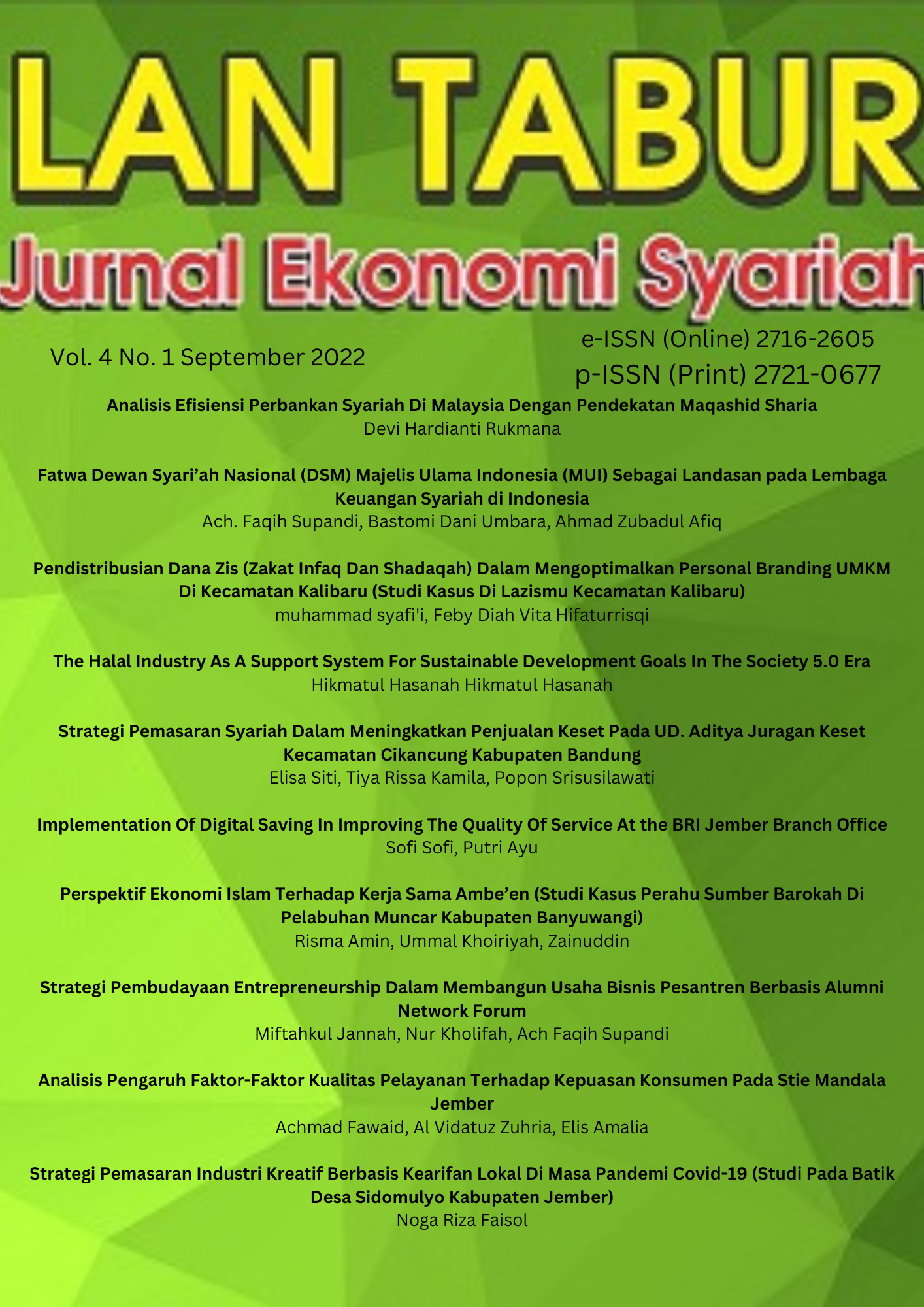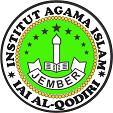Fatwa Dewan Syari’ah Nasional (DSM) Majelis Ulama Indonesia (MUI) Sebagai Landasan pada Lembaga Keuangan Syariah di Indonesia
Abstract
A very basic difference in Islamic and conventional banks is the prohibition of the interest system in Islamic Banks and the requirement based on Islamic Sharia Law and the existence of a Sharia Supervisory Board (DPS) at each bank entrusted to manage all forms of Islamic bank operations to remain in the sharia law koredor. The research used in this study is normative research, which is legal research that examines the law of fatwa law of the National Shari'ah Committee (DSN) from all aspects. The type of research used is a type of descriptive research that is clear, detailed and systematic. Fatwa DSN-MUI has binding legal force, so the economic actors of Islamic teachings must obey it. The consequences of this law are based on several provisions that directly or indirectly apply to the laws and regulations. Directly stated in the regulation that fatwa is the princi ple of sharia that must be obeyed. If it does not comply, sharia economic actors will be subject to administrative sanctions.
Published
2022-09-28
How to Cite
Supandi, A. F., Bastomi Dani Umbara, & Ahmad Zubadul Afiq. (2022). Fatwa Dewan Syari’ah Nasional (DSM) Majelis Ulama Indonesia (MUI) Sebagai Landasan pada Lembaga Keuangan Syariah di Indonesia. LAN TABUR : Jurnal Ekonomi Syariah, 4(1), 13-26. https://doi.org/10.53515/lantabur.2022.4.1.13-26
Section
Articles










